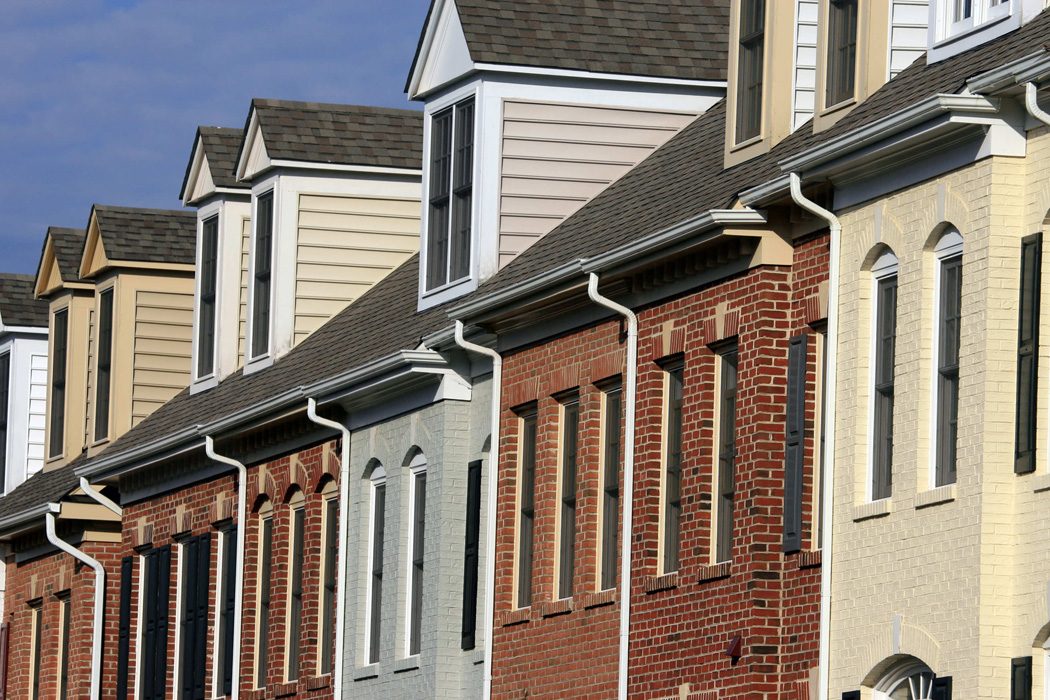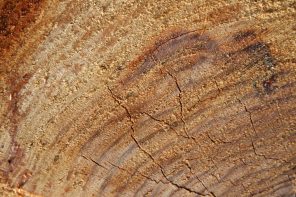Because the stranger knocking at our front door didn’t look like a Jehovah’s Witness or a candidate for political office, I opened the door wide. As it turns out, the middle-aged, size 6 woman in a faded shirt dress was a house appraiser. She wanted to inspect the house across the street. Did I know the owners? The answer was both easy and difficult.
The neighbors, the Hunts (not their real name), defined “Odd Couple.” In his fifties, squatty but solid Bob, who liked to speed-walk around the neighborhood with a somewhat lopsided gait, was loquacious and neighborly. As soon as he saw you, his hand shot up and his voice rang out, which didn’t stop his speed walk. He was driven and, when he was on any kind of mission, he propelled himself forward full force. In the insurance and financial advice business and eye-deep in local politics, if he did stop, he could fill your ear about his Civil War weapons collection or the latest referendum up on the ballot. More often, though, his actions did the talking. When our kids were toddlers and we were overwhelmed with early parenthood chaos, we would wake on snowy days to the loud hum of Bob’s blower as he plowed our sidewalks and driveway. He never asked; he just did it.
Like the time he invited us into his house on Halloween. We were out on one of “our big social events” on our un-crowded social calendar—trick-or-treating around the neighborhood with our young kids. It was one of the few times in those early years that we actually got to talk to some of our neighbors, a type of yearly catch-up on their lives, and so the event for us was both a family and community occasion.
When Bob opened the door to us and our costumed offspring, he burst into a big smile, shook our hands, and bid us come in. He did not ask his wife. Peering skeptically at us from around his shoulder, she frowned.
As we moved further into the almost all-white room, we started to understand why. Everywhere we looked, there was fragile, expensive glassware carefully and openly displayed. We held tightly to our children’s hands, chatted politely, then, knowing we were definitely not welcomed by half, tried to exit quickly. We never learned her name until my husband asked: Joan. Back outside on our annual quest for chocolate bars and other stain-producing candies, we nicknamed Bob’s wife “The Ice Queen.” We seldom saw her after that. Alone in their large Buick, she’d pull in and out of their driveway without nodding or waving. We were just neighbors and of little importance to her life or she to ours.
But there was Bob, still speed-walking around the neighborhood, still smiling, still propelling himself forward.
That was until, we learned later from another neighbor, he propelled himself to the next street over to live with his girlfriend. Apparently, for financial reasons we weren’t privy to, this was an agreed-upon arrangement between Bob and The Ice Queen, to whom he remained married for the rest of his life. He still, however, kept speed walking around our side streets, his hand shooting up in a gregarious hello, his smile as broad as ever.
I turn to the house appraiser patiently standing outside my door, who has asked me if the Hunts still live across the street. She’s stopped at their house three times, but there’s never an answer, and there’s never a car in the carport, so she’s at a bit of a loss.
“Well,” I begin, suddenly frank with this complete stranger who never plowed snow in this neighborhood or took her kids trick-or-treating on these streets, “he committed suicide a while back.” I pause, trying to remember the last time I saw The Ice Queen, “And the wife, well, I’m not sure. I think she’s still there. I don’t know.”
The appraiser doesn’t ask for details, nods as if I’ve told her the couple retired to Florida, and heads back to her car. I’m left remembering what lingers after tragedy: this time, the newspaper headlines of embezzlement, Bob’s girlfriend finding the morning paper open to the story, his body swinging from a beam in her basement. But before all that, his cheerful display of neighborliness, his strange marriage, the pain that didn’t show, the neighbor we didn’t know.
After I’ve closed the door and gone back to my coffee and morning paper, I read about an elderly woman across town who was attacked and stabbed in her home. She insists she recognizes the man as her neighbor, someone who plowed her driveway for her. Try as she might, she cannot remember his name. She doesn’t think she ever knew it. Even to me, a writer who lives her life attuned to symbolism, the timing of the morning’s events stretch the boundaries of credulity.
I only saw Bob’s wife face-to-face once after his death. She and her adult daughter hosted a large sale in her backyard. A festive event, there were cookies and lemonade. Young children ran around by the pool. Three women I didn’t recognize rummaged through piles of men’s polo shirts. There were neatly organized kids’ puzzles, a car seat in good condition, and a bag of golf clubs tagged and propped against the side of the house, but there was no glassware in sight. I bought a set of Civil War soldiers for my son, then walked back quickly across the street to my own house.
All this hovers in my thoughts as, the day after the appraiser came to our door, my husband and I head to a July 4 block party. The host, a doctor and his young family who just moved into the neighborhood, passed out flashy invitations the previous week. A toddler daughter on his shoulders, the tall, lanky man walked the neighborhood in jeans, introducing himself. This is a chance, he explained, for him and his wife to get to know their neighbors. “Hope you can come on over,” he said with a smile that rivaled Bob Hunt’s. And so we do, walking the two-minute jaunt around the corner toward the blaring music and three pavilions set up in the rain that’s been coming down in sheets all morning. We’re ready, with homemade cookies in hand, to welcome the newcomers to the neighborhood.
But when my husband and I step over the puddles into their crowded backyard (which is only separated from our yard by a fence and an alleyway), we don’t know anyone. Or hardly anyone. Sure, the host is friendly and shakes our hands, then heads into the kitchen to replenish the vegetable tray. Across the way, we see the outgoing judge who always yells out, “Howdy, neighbors!” but, we are sure, has forgotten our names. He’s speaking to the National Book Award winner who is home from the other side of the country to visit her father.
Though I have not yet received a response to my latest e-mail, she and I have been corresponding on and off for a year about her giving a reading at my university. She doesn’t see me and is chatting politely with the judge. Escort to her father—a now frail, retired lawyer—and accompanied by her sister and nieces and nephews, she looks weary. I knew her recently deceased mother, a wonderful woman who took poetry classes from me and talked proudly about her daughter. Of all the 40 people balancing paper plates filled with pulled-pork sandwiches and potato salad, this daughter and I may have the most in common, but I’m too uncomfortable to break uninvited into her world of family at a card table in the soggy backyard of these neighbors we do not know.
And so my husband and I sit alone and eat. We do not see in attendance one of our next door neighbors who is feuding with her other neighbors. The younger woman’s kids keep shooting arrows into the older woman’s backyard while she is gardening. We do not see another neighbor, a retired math teacher who helped my daughter study for the SATs. Nor do we see the art teacher who taught my daughter to draw and for whom my son now does yard work. In fact, we do not see anyone from all the years of trick-or-treating. And, of course, we do not see the Ice Queen, who, after all her years of loss, does not deserve from us the uninformed moniker.
When I look around, I also do not see the neighborhood where I grew up—all of us kids running in and out of each others’ houses—or the neighborhood of my in-laws, row homes so tightly packed, you could hear the man next door yelling out in his sleep. I do not see Fred Rodgers rounding the corner in his familiar sweater, warmly singing, “Won’t you be my neighbor?” Looking back over our hedges of workloads and deadlines, I do not see the neighborhood friends I thought we would have, lingering around a long-gone corner mailbox, chit-chatting about nothing important. I do not see the seconds and minutes of our lives.
I smile at the backyard strangers. I hold out my hand to introduce myself, but nothing comes out of my mouth. I do not see me. Reader, I am not even sure if I see you. The hosts’ stereo blasts “God Bless America.” I go to refill my drink and almost slip in the mud.




